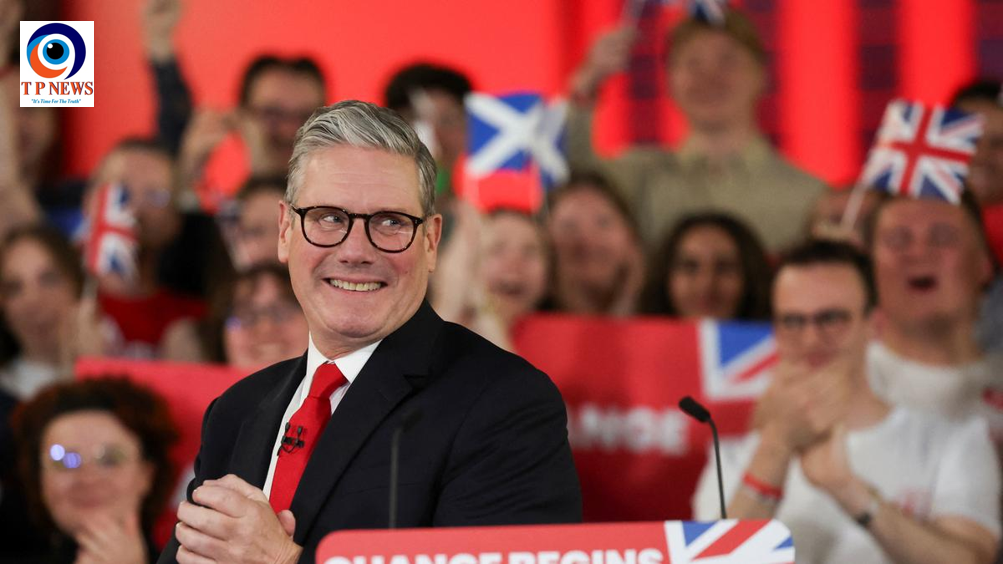On the Fourth of July, the most significant password leak in history was revealed, dubbed RockYou2024 by its original poster, “ObamaCare,” on a prominent hacking forum. This massive compilation contains 9,948,575,739 unique passwords in plain text nearly 10 billion passwords marking an unprecedented scale of exposure.
While this is a serious security concern, there are important caveats. Users should still prioritize changing their passwords frequently or using a secure password manager, and implementing Two-Factor Authentication (2FA) or Multi-Factor Authentication (MFA) to enhance their security.
However, despite its vast scope, RockYou2024 is primarily an aggregation of previous password leaks. It builds on the earlier “RockYou2021” compilation, which included 8.4 billion passwords. Thus, only about 1.5 billion new passwords were added to the list. According to the hacker ObamaCare, some of these were newly cracked with the aid of an RTX 4090 graphics card, a tactic that has been warned about previously.
Cybernews highlighted the potential risks associated with this compilation, stating, “Attackers can utilize the ten-billion-strong RockYou2024 compilation to target any system not protected against brute-force attacks. This includes everything from online and offline services to internet-facing cameras and industrial hardware. Combined with other leaked databases containing user email addresses and credentials, RockYou2024 could lead to a cascade of data breaches, financial frauds, and identity thefts.”
Despite these concerns, it is worth noting that RockYou2024 is largely a compilation of existing leaks, dating back to at least 2021. While users should remain vigilant and take appropriate precautions, the impact of the headline is somewhat mitigated by the fact that this is primarily an aggregation of previous breaches.
Cybersecurity remains an ongoing battle, and users should stay proactive in protecting their information, even if this compilation represents a consolidation of existing hacker efforts.













